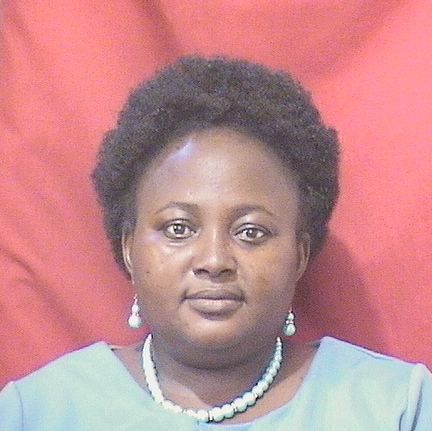Knowledge and Wisdom: A Balancing Act in Societal Cohesion and Growth
As far as I can remember, all my life I have lived with people of different religious faith and background. I have even lived and dined with people who don’t believe in God.
In all this, it has taught me to be more tolerant and humble. Much because learning about others is a necessary and sufficient condition for peaceful co-existence.
However, the fundamental litmus paper that transforms and shapes this understanding is the spirit of discernment.
Discernment embodies wisdom and knowledge of the world around us. It touches on the principle that we can’t all think and believe in the same things.
Yet we are allowed to have different perspectives on similar things. Fundamentally, the world we live in is more of ’similarness’ than ’sameness’.
What this means is that two things can be ’similar’, not the ’same’ because the context, space, and time will be highly different for which reason we can’t say they are the same.
It’s in this reasoning that historians hold the view that history doesn’t repeat itself. Philosophically, occurrences can never be said to be the same thing with time, space, and location.
The interpretation is that these three factors: time, space, and location won’t be the same in the two events or occurrences.
Further, as wisdom and knowledge turn to shape the world positively, this year, I pray for a spirit of discernment for all of us. As indicated in Proverbs 1:7 “The fear of the Lord is the beginning of knowledge; fools despise wisdom and instruction”
Dialectically, wisdom transforms knowledge and knowledge transforms societies. Karl Marx’s historical materialism is, of course, one of the pillars of how to explain the transformation in societies and this can be found in his discussion of society’s productive forces and relations of production.
Mention must be made that, Marx disagrees that ‘ideals’ transform society but instead he states that history rather does. What then is history?
History is the chronology of events and their happening gained over time through experience. Given this, I can move to say that, history and knowledge are similar in some respect because they are both cumulative experiences of human existence.
Moreso, it’s important to note that wisdom is sought through the “word”. And knowledge is achieved through years of understanding the “word”.
Knowledge then leads humans to use this cumulated wisdom to do things that can be seen quantitatively and qualitatively. Therefore, “wisdom and knowledge” are the key resources that transform societies since development is changes or improvements in the lives of people both quantitatively and qualitatively.
In the development literature, scholars converge on the fact that the world is ordered on “wisdom or knowledge economy” which is not in contestation. Hence, knowledge rather than resources separate the developed and developing worlds.
Clearly, what this means is that our forward match to make our society better will be dependent on knowledge and knowledge is not an embodiment of one group or persons.
In light of this thought, the Knowledge Management (KM) literature advances that both tacit and explicit knowledge is needed to make organizations achieve their goals.
Tacit knowledge is the individual knowledge sitting in their minds while explicit is knowledge found in books or procedures used in the day-to-day administration of an organization.
I pray that we recognize that our knowledge of the world is limited, however, through objective listening and tolerance, we will learn from others that which we do not know.
And above all, seek understanding from the Lord as suggested by Proverbs 3:5–6:
“Trust in the LORD with all your heart, and do not lean on your own understanding. In all your ways acknowledge him, and he will make straight your paths”.
Disclaimer: These are my views and I own all the contents except for where sources are cited and quoted.
You are free to disagree with me constructively. And you can share if you find this insightful.
By Juliana A. Abane, PhD, Lecturer, Management Studies Department of University of Mines and Technology (UMaT), Ghana

